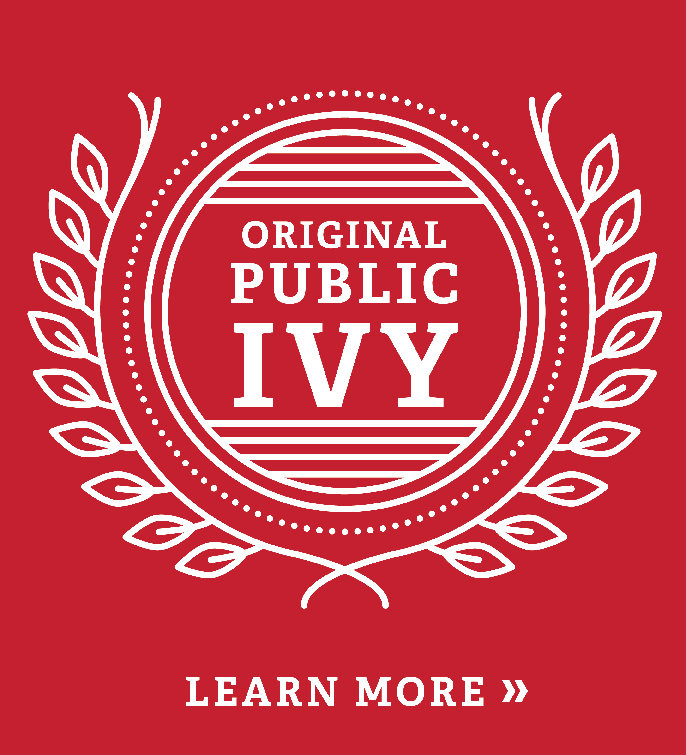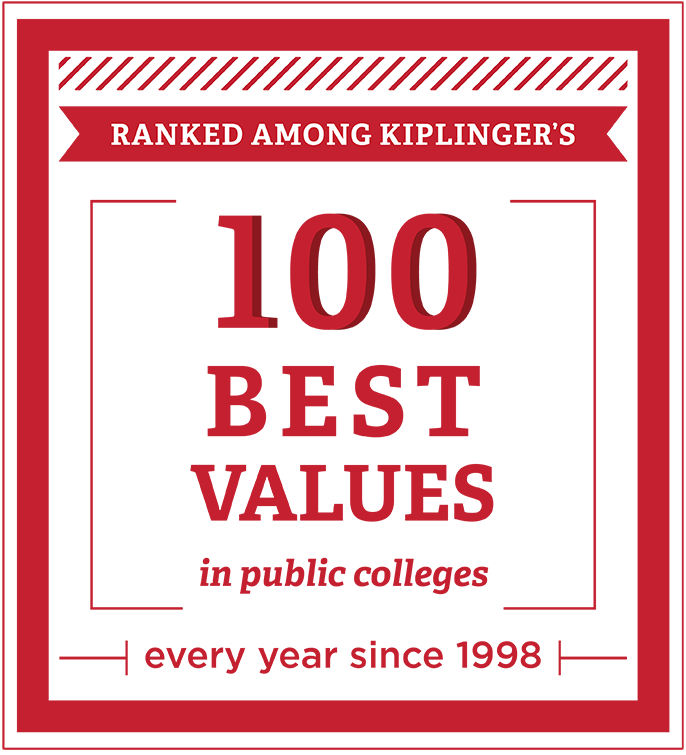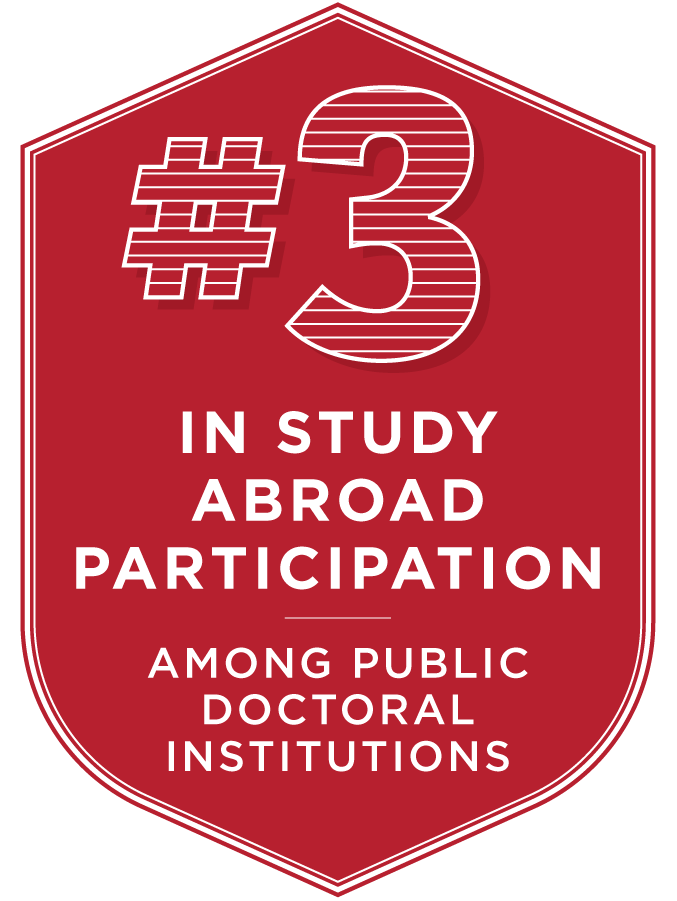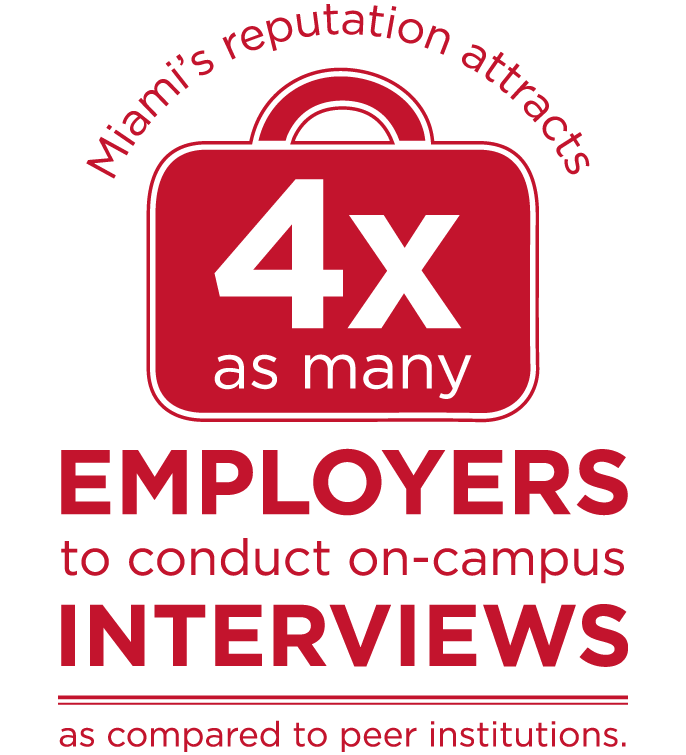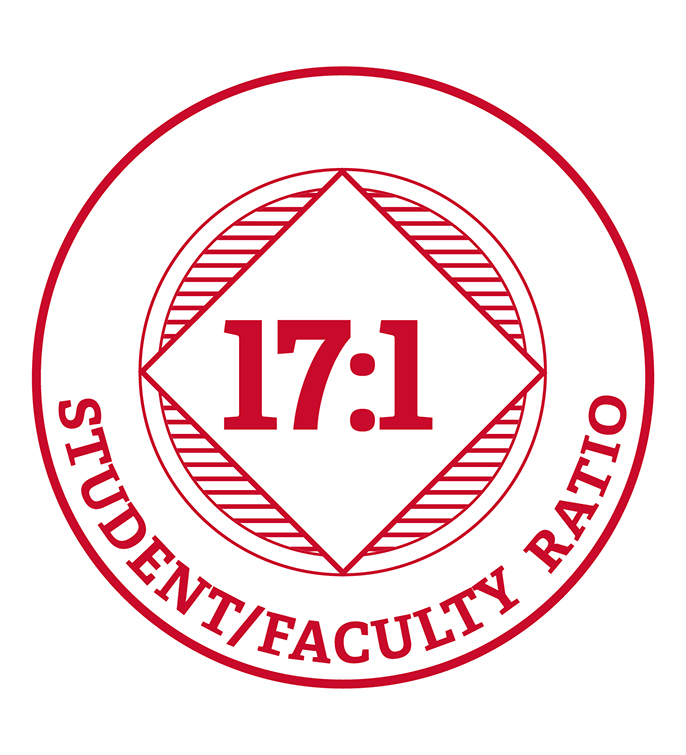Annual Address 2015
David C. Hodge
September 9, 2015
Autonomy and Mastery
In addition to institutional support, the commitment to continuous improvement needs to be grounded in the attitudes of individuals. In addition to a sense of purpose, Daniel Pink has identified two other qualities that innovative institutions encourage in individuals: autonomy—the sense of acting with choice, and mastery—the desire to get better. Pink argues that autonomy is critical for individuals to see possibilities around them and to act on those ideas. There is nothing as frustrating as having what we think is a good idea, especially about how we approach our work, than to have that idea dismissed or ignored rather than seriously considered. As we move forward it is important for all of us, especially those of us in supervisory positions, to be aware of the importance of a sense of autonomy in encouraging innovative thinking and a greater sense of well-being.
One powerful way to enhance autonomy is to work together, to collaborate, to advance knowledge and solve problems. The reverse of this cooperation is the chilling effect that silos in an organization have on creativity and innovation. We all recognize the insidious impact of turf protection, basically attempts to maintain the status quo from either an organizational or individual point of view. While too much change too quickly can be very disruptive, innovation virtually requires us to consider change that may be uncomfortable. To do so requires a high degree of trust in others and in the organization that fruitful collaborations engender.
The desire to improve is very much a core value of an institution devoted to learning and discovery. As noted earlier, it really is part of our DNA. Thus we have continued to improve how we can encourage and support individuals advancing their skills and capabilities. It perhaps starts with how we approach annual reviews. In the last few years we have been moving from a dominating focus on performance evaluation—though that obviously remains important—to a focus on personal and professional development. This emphasis is codified in Miami 2020 with one of our metrics that calls for all employees to have a “measurable professional plan.” The good news is that we have the right idea, according to Pink. Now our challenge is put that idea into practice at a very high level so that we encourage and support the desire to improve.
We can make a similar assessment about our commitment to the development of leadership. This is an important institutional priority for both faculty and staff. Developing leaders provides great opportunities for individuals and assures the university that we will have a continual well of strong leadership at all levels. In addition to the many programs for developing specific leadership skills, I would like to highlight the Institute for Miami Leadership Development that brings together 10-12 mid-career faculty and staff each year who desire to increase their leadership capabilities. This creative and hugely successful program was launched by now Dean Michael Dantley while he was in the provost’s office. I urge us to consider additional ways that we can build on the successes of all these programs to advance leadership across the university and in turn stimulate more innovation and creativity.


